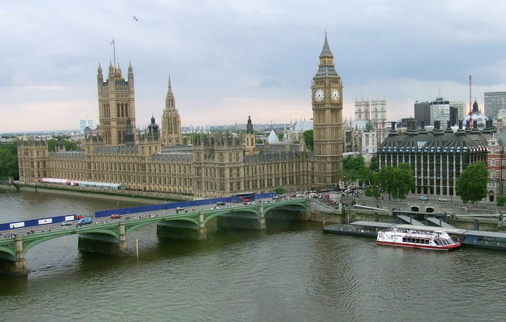UK-Algerian Business Council
Creating new investment opportunities
Creating new investment opportunities

For General Enquiries: info@uk-algeria.org
Event Registration: registration@uk-algeria.org
Membership: membership@uk-algeria.org
Call/fax us on: +44(0) 2075048085